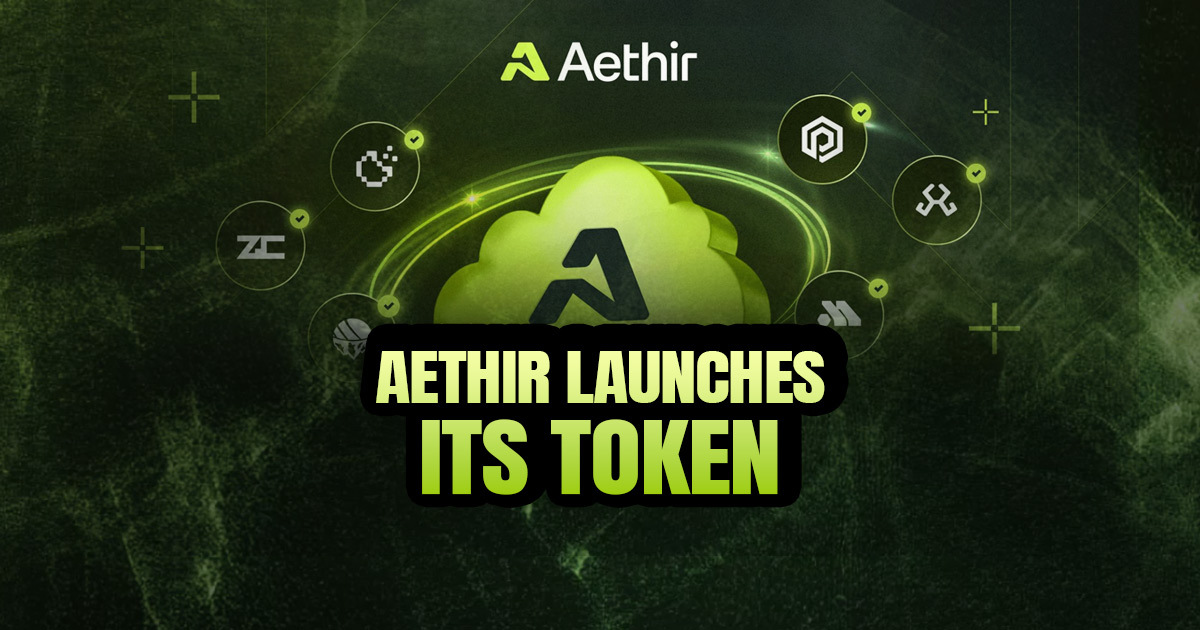Aethir Disrupts GPU Market with Decentralized Cloud Solutions

Aethir, a new project in the GPU distribution sector, aims to disrupt the global GPU market by addressing the supply issue caused by high demand from AI and gaming. The project has successfully launched its cloud service, offering on-demand GPU compute solutions. With a focus on the enterprise side, Aethir connects businesses with high-powered GPU chips like NVIDIA’s H100s for machine learning and AI applications. The platform claims to have the largest GPU network in the DePIN sector, providing over 43,000 enterprise-grade GPUs with a 99.99% uptime across 23 countries. Aethir’s decentralized approach pools underutilized GPU power and distributes it where needed, making it a cost-effective and efficient solution for industries like cloud gaming. The project also features its native $ATH token, used for network services, governance participation, and staking. Despite challenging market conditions, the token has performed well since its launch on June 12th.
Related News





